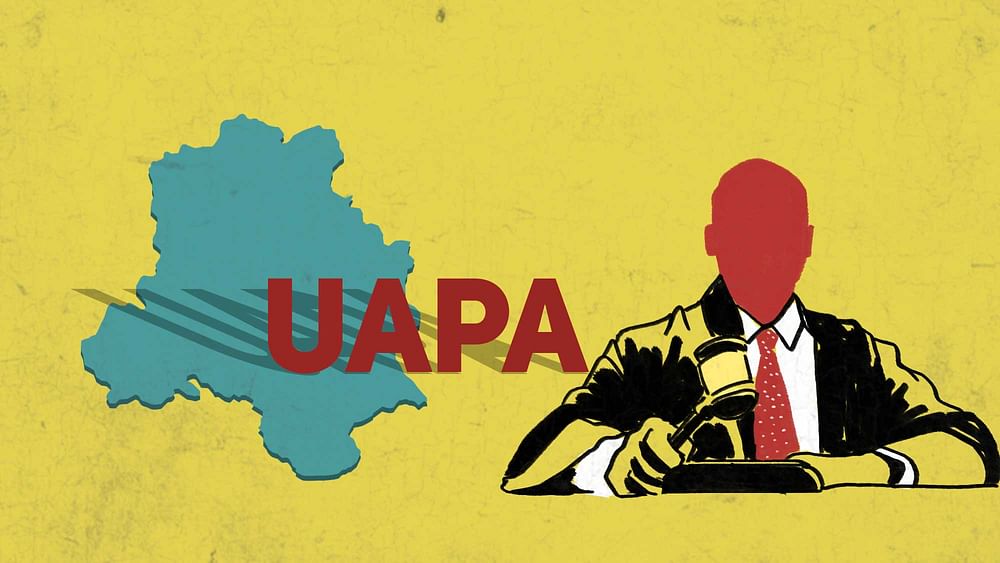
On Monday, The Supreme Court observed that even if a person is charged under the stringent Unlawful Activities (Prevention) Act, they still have the fundamental right to a speedy trial and are eligible for bail if it is violated.
A bench of Justices NV Ramana Ramana, Surya Kant and Aniruddha Bose held that the “rigours of UAPA provisions are meltdown”, when there is no likelihood of the trial being completed soon, and a large part of the maximum sentence has already been served as an undertrial.
The court was hearing a plea by the National Investigation Agency against the Kerala High Court’s decision to grant bail to a man accused of chopping off a professor’s palm in 2010.
The NIA had contended that the High Court erred in granting bail to the accused without considering the statutory rigours of Section 43D(5) of the UAPA.
Under Section 43D(5) of the UAPA, bail cannot be granted to a person if the public prosecutor has not been given a reasonable opportunity of being heard. It mandates that if the court is convinced, after receiving evidence from the case diary or report, that the accusations against the person are prima facie true, bail would not be granted to the accused.
However, the Supreme Court dismissed the NIA appeal, saying that the High Court order was valid as it had used the long incarceration period as logic for granting bail.
The bench noted the unlikelihood of the trial being completed anytime in the near future. “Not only has the respondent been in jail for much more than five years, but there are 276 witnesses left to be examined,” the court said, according to Bar and Bench. “Charges have been framed only on November 27, 2020.”
The Supreme Court while accepting the bar under Section 43D(5) of UAPA against the grant of bail, made it clear that the provision does not oust the jurisdiction of Constitutional courts to provide relief on grounds of violation of fundamental rights.
It said, “Indeed, both the restrictions under a statute [of UAPA], as well as the powers exercisable under Constitutional jurisdiction, can be well harmonized. Whereas at the commencement of proceedings, Courts are expected to appreciate the legislative policy against the grant of bail but the rigours of such provisions will meltdown where there is no likelihood of trial being completed within a reasonable time and the period of incarceration already undergone has exceeded a substantial part of the prescribed sentence.”
The court observed that such an approach would prevent the possibility of provisions like Section 43 D (5) of UAPA being used “as the sole metric for denial of bail” or for the “wholesale breach of the constitutional right to a speedy trial”.
The top court also noted that of the 13 coaccused, who have been convicted, none have been given a sentence of more than eight years’ rigorous imprisonment.
“It can therefore be legitimately expected that if found guilty, the respondent too would receive a sentence within the same ballpark,” the court added.
“Given that two-thirds of such incarceration is already complete, it appears that the respondent has already paid heavily for his acts of fleeing from justice.”
